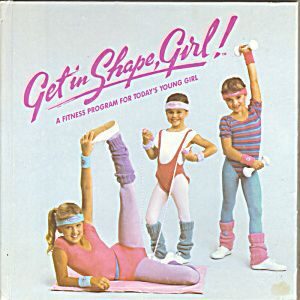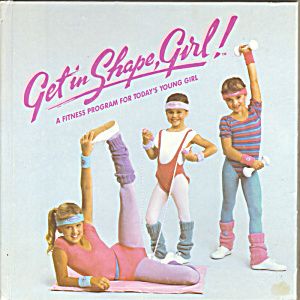A health expert has warned that some of the information about dieting being promoted on social media may do more harm than good.
With all covid restrictions potentially being lifted on June 21, social media is crawling with videos of extreme weight loss tactics and diets to get the UK “ready” for summer.
Diets of every kind from keto diets, fad diets, low-carb diets, alongside various pills which promise to help you lose a lot of weight within very short periods of time, are being promoted online.
It is thought that some weight-stigmatizing social media content can put people at risk of developing obsessive and disordered eating habits, whilst putting others already suffering with eating disorders, in danger of relapsing.
Jane Culingford, a mental health dietician at Countess of Chester Hospital, explained that some diets could be harmful and are not sustainable. She explained that very low-calorie diets, such as 800 or under, should be done with medical supervision and are usually undertaken by patients that must shrink their liver when awaiting surgery.
She said: “It shrinks the brain (very low calorie diets), people don’t realise they might wander around and spend two hours in a supermarket being unable to decide what to put in the basket, reading the micro ingredient on a tin of beans or a tin of tuna and actually never making a decision because the brain isn’t wired properly.
“There is evidence that if people don’t eat properly, your metabolism can slow down, which is counter productive to losing weight.”
Ms Culingford also emphasised that not all diets are bad, but they depend on what is being promoted and someone’s perception of themselves when exposed to extreme weight loss content. If someone is feeling low, then these videos could potentially be triggering further problems.
The dietician made it clear that we should only expect to lose 1 to 3 lbs a week at most, so any diets promising to help you lose large amounts of weight quickly should be avoided. She also discussed stigmas towards people who are overweight, and confirmed that you can in fact be “fat and healthy”, a very common misconception online and in society generally.
“Sophie Dahl of course, she was an XX model, she’s an attractive girl that came into the modelling industry probably about 10 years ago as a big model, she was a good size 14/16, proud of herself, beautiful curves in all the right places. Within a year, she was as thin as the next model.
“I don’t know what goes on in people’s minds, why do we perceive fat with being “repulsive” I don’t know. I think body positivity is a better option than shaming someone to do it (losing weight), because the motivation has to come from within the person not from the shame.”
Erika Berg Wolf, a journalist from New York, has struggled with body image. She said: “I definitely remember feeling the pressure to diet and exercise very young. I’m in my early 40’s, so this started in the 80’s when the whole aerobics/fitness craze really took off.
“In the United States, there was a fitness video/whole package thing marketed to little girls called “Get In Shape Girl” that included light weights and other fitness gear, and I remember begging my parents to buy it for me.

“I was always a skinny kid, but I filled out a little bit in puberty and remember being distraught about that. Also, both of my parents had gotten somewhat into the fitness craze, so I felt like I was being “adult” by jumping on board. I’m still relatively thin, and whenever I start freaking out and being perfectionist about my body, I remind myself of all the times in my life that I’ve told myself that I was “fat” when I wasn’t.
“Still, there’s a standard that women are Victoria’s Secret models without an ounce of fat anywhere, or they are, indeed, fat. That’s what exists right now, and what has existed since I was a child of around eight years old.”
Some tips Ms Culingford recommends to help if you’re struggling with body image and stumble over content like this, is to: keep hydrated, as this can affect your mood and pain threshold. Try to eat something early in the morning to keep your energy levels high. Finally, find a way to deal with your anxiety using tools such as yoga, meditation or any other means to practice mindfulness to grow your self-worth and feel at peace with your body.

